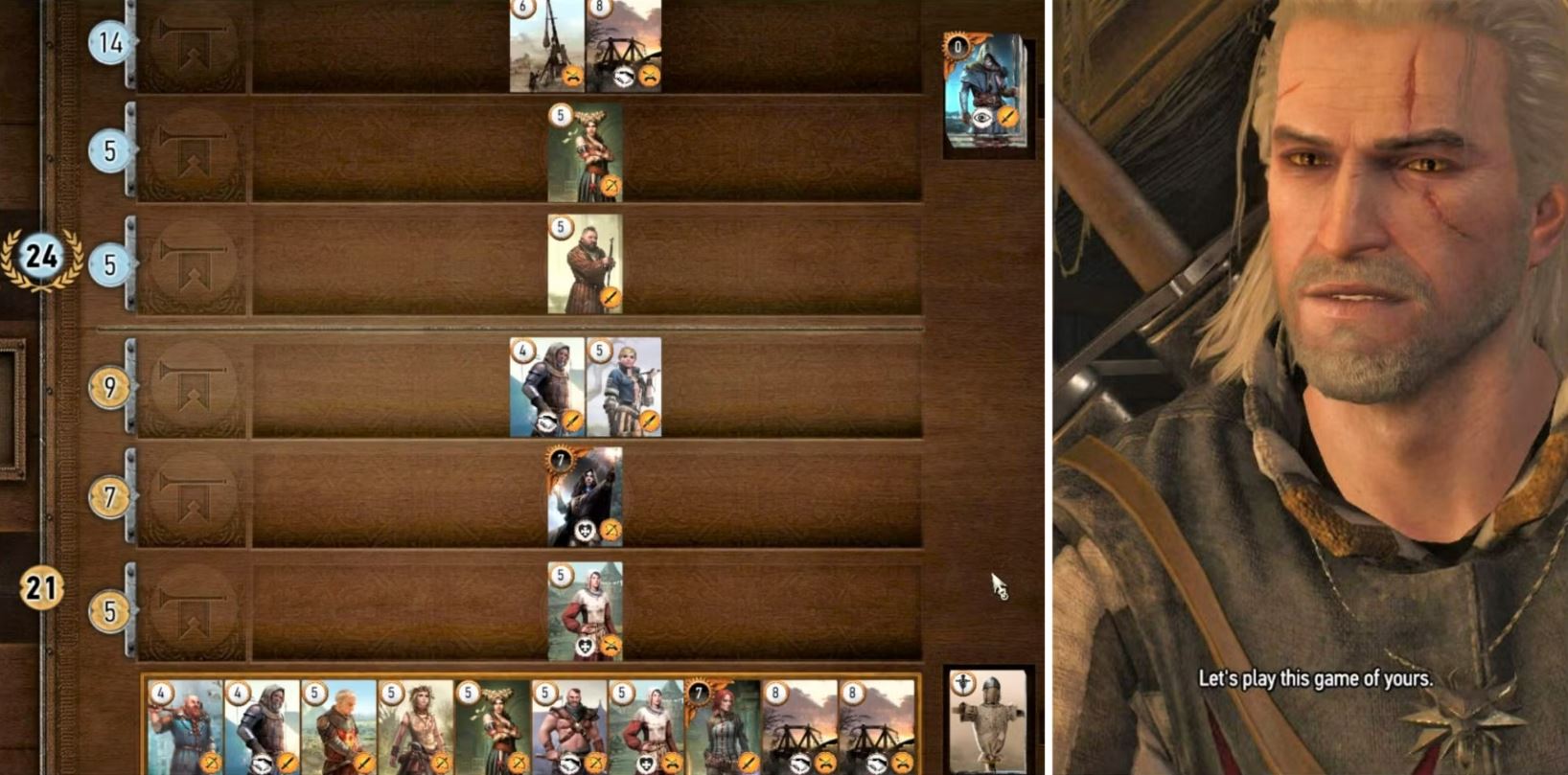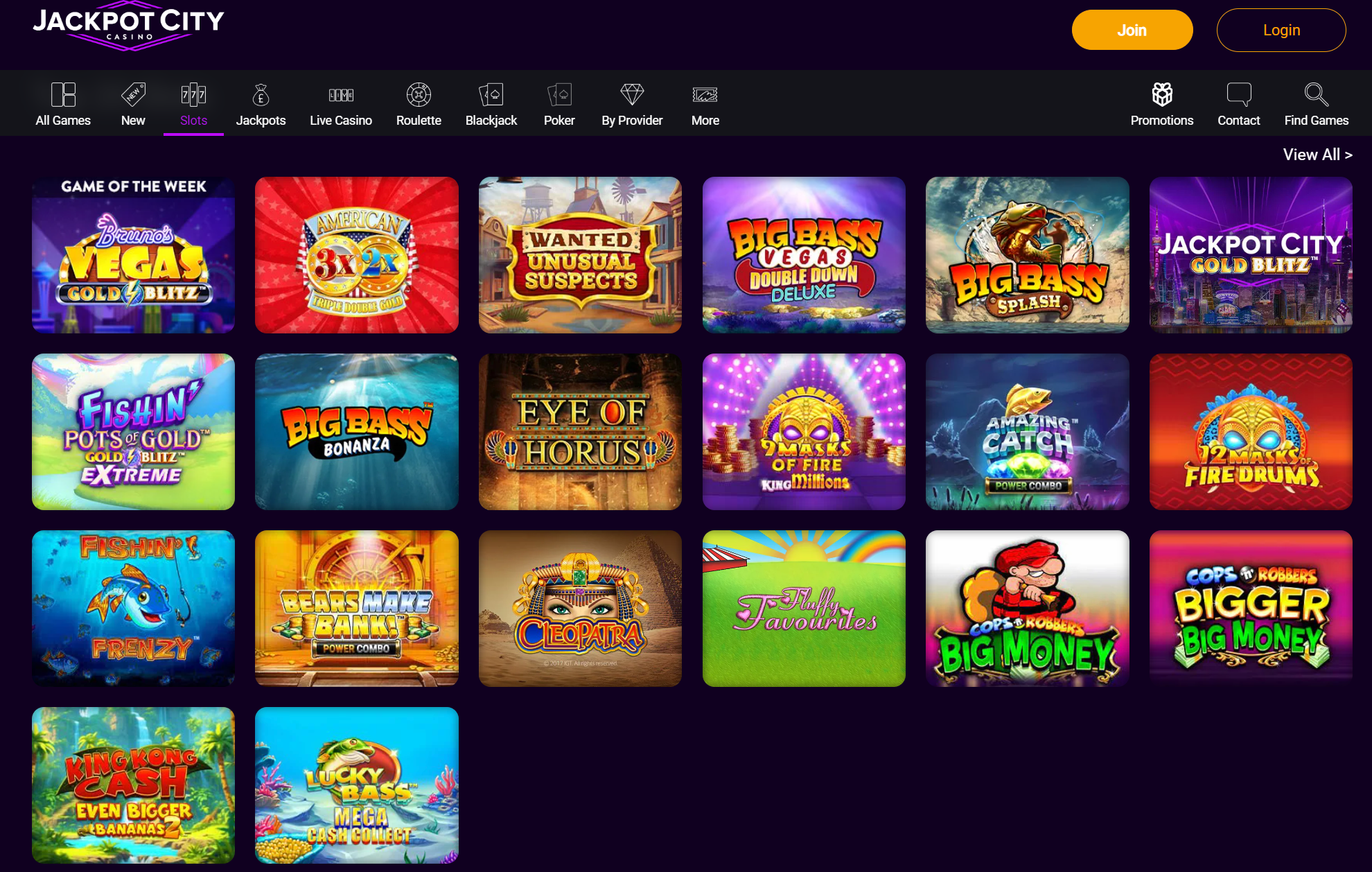The Evolution of Gambling in Video Games: A New Frontier for Players
These pixelated, simple distractions gradually evolved into massive playground universes that can bring about great digital adventures, sheer competition, or even social get-togethers. Now included in the increasingly modern direction will be the immersion of gambling-sounding mechanics with video games. This should initiate individuals participating players in the thrill and chance of opportunity, coupled with skill-based contests, in some sort of gamble over traditional gambling. Platforms like jackpot city online casino exemplify how gambling mechanics can be both truly engaging and rewarding.
This article looks at the historical connection between gambling and video games, the psychology behind such mechanics, the controversies and how they're shaping the future of gaming.
Gambling’s Place in Gaming: A Brief History
Gambling concepts have been part of gaming culture for a long time. From simple arcade games to modern blockbusters, elements of chance have enhanced gameplay for decades.
- Arcade Origins: Most classic arcade games award players for performance times encouraging multiple insertions attempting high scores and exclusive prizes. Not being as much gambling, either, the rewards-versus risks systems.
- Mini-Games in Story-Driven Titles: Most RPGs included gambling-inspired mechanics, such as card games, dice rolls, or betting systems. For example, The Witcher 3 popularized Gwent, a card-based mini-game with tactical elements and wagering options.
- Virtual Casinos: Games like Grand Theft Auto V have fully functional virtual casinos, with the use of in-game currency to play slot machines, poker and roulette. Such additions make for a more immersive world where gambling is integrated as part and parcel of the experience.
- Loot Boxes: Probably the most contentious development, loot boxes are features in which players spend real or virtual money on rewards that are left to chance. This system has become commonplace in many games where players receive skins, weapons, or character upgrades.

The Psychology Behind Gambling in Video Games
The integration of gambling elements in video games is one of the ways to attract players by using psychological means.
- The Excitement of Uncertainty: The real excitement comes out in the form of the idea of not knowing what might drop from a loot box or how that spin can change your fortune in your mind. It makes people get after them again and again, producing suspense very similar to what happens at gambling.
- Reward Systems: Most video games reward the player with something rare or valuable to activate the brain's dopamine-driven reward pathway; it is a self-reinforcing cycle of anticipation for a big payoff.
- Social Validation: Boasting at rare items or achievements amongst other gamers cultivates not just competition but statuses in gaming circles as well.
While these features are exciting, they also encourage behaviors very similar to those of gambling, which raises serious questions in terms of ethical implementation.
The Controversies Surrounding Gambling Mechanics
The integration of gambling elements in video games has raised debates among regulators, developers and players.
- Loot Boxes as Gambling: Countries like Belgium and the Netherlands have classified loot boxes as gambling; the results were bans or regulatory restrictions. This forces developers to change mechanics for some markets.
- Addiction Concerns: Critics say that elements of gambling can be addictive, especially to younger audiences. Access to video games and the addictive nature of randomized rewards are concerns.
- Fairness and Transparency: Most of the games do not show the chances of winning a particular reward, which in turn puts a player in the dark about the rare items. The poor transparency in such cases has come under criticism, with some seeking industry-wide regulation.

Positive Contributions of Gambling-Inspired Gameplay
Meanwhile, gambling mechanics, despite the controversies, have also brought positive changes to video games in case of responsible usage thereof.
- Improved Engagement: Players are constantly engaged with the randomized rewards and mini-games that keep them coming back for more and improve replay value.
- Creative Gameplay: More often than not, gambling elements in a game bring new challenges along that need players to think over a strategy and thus add depth to gameplay.
- Community Interaction: Gamers usually share wins and achievements, building bonds among them within the gaming community. Such a brotherhood developed adds richness to general gaming culture.
When done ethically, the use of these mechanics can be entertaining without being exploitative.
The Future of Gambling in Video Games
The gaming industry is one of those that always keeps on changing and tries its hand at various gambling-inspired elements. Future trends may include:
- Skill-Based Gaming: Developers will design systems in which players can affect outcomes through strategy, seamlessly merging skill and chance.
- Gambling Platforms Collaborations: Game developers in collaboration with platforms such as Jackpot City Online Casino could offer hybrid experiences by providing gambling-like thrills inside game environments.
- Increased Scrutiny: The increased scrutiny will drive developers to be transparent and design ethically to avoid backlash and possible legal challenges.
These developments highlight the potential for further innovation in putting players' welfare to the fore.
Conclusion
The integration of gambling mechanics in video games is one exciting evolution in interactive entertainment while treading that line between the two: skill and chance games. Everything from loot boxes to virtual casinos often ties into engaging mini-games, with elements of luck and strategy mixed into one. They have added great depth to video game designs but do raise some pretty valid questions concerning addictiveness, openness and policing.

